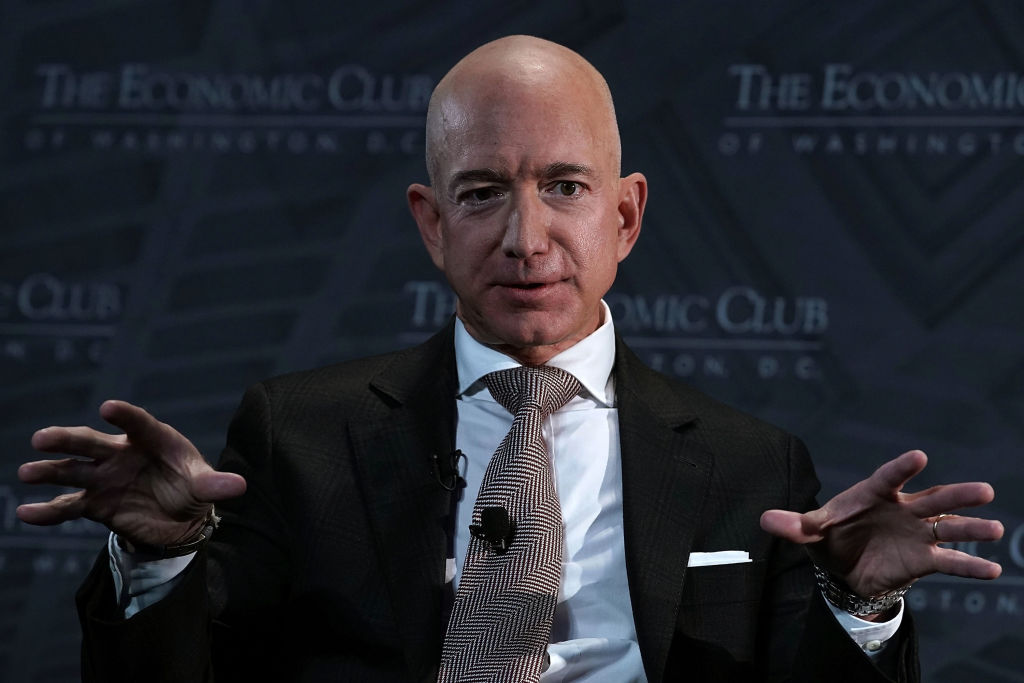Jeff Bezos, the world’s third-richest man, has announced a significant shift in the editorial policy of the Washington Post, which he purchased in 2013. The newspaper will no longer publish opinions that challenge free market economics. This decision highlights what critics have long suspected: billionaires buying newspapers are often motivated by ideological interests rather than purely financial ones.
In 2019, Bernie Sanders noted the negative coverage he received from the Post and suggested a connection to Bezos’s ownership. This was dismissed as a conspiracy theory at the time. However, Bezos’s recent actions confirm these suspicions. Last year, he personally intervened to stop the Post from endorsing Kamala Harris, and he appeared friendly with pro-Trump billionaires at Donald Trump’s inauguration.
Bezos stated that the Post will now focus on supporting personal liberties and free markets, excluding opposing viewpoints. He emphasized this directive by telling the editorial page editor, David Shipley, to either implement the policy enthusiastically or leave. Shipley chose to leave, prompting a search for a new Opinion Editor.
This move raises questions about the balance between personal liberties and the freedom of business owners to act as they wish. Bezos argues that free markets drive creativity and invention, but critics point out that public sector contributions have been crucial to technological progress. His claim that unrestricted capitalist power is ethical because it minimizes coercion is also contested, as any resource distribution involves some form of coercion.
Bezos’s decision to limit the Post’s opinion pages to pro-status quo perspectives reveals a fear of open debate, despite his claims of confidence in his views. — news from Jacobin magazine
